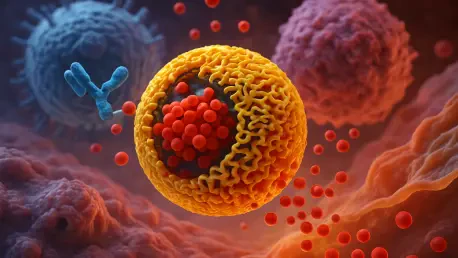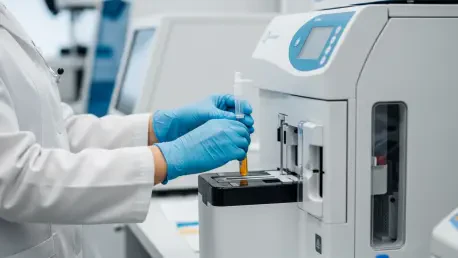
The global surge in metabolic diseases presents one of the most significant public health challenges of our time, with conditions like diabetes affecting more than one in five adults in certain regions, such as the Middle East. This escalating crisis has traditionally been met with a reactive

Sophisticated nanodelivery systems that respond to multiple biological cues are rapidly redefining the landscape of targeted therapeutics, offering a highly precise method for overcoming the formidable barriers presented by diseases like metastatic cancer. This review explores the evolution of

A faint tinge of pink swirling in the toilet bowl is an unmistakable alarm bell for most, signaling an urgent need for medical attention, but for millions, this critical warning sign of a potentially treatable cancer remains completely invisible. New research reveals a shocking reality: individuals

With us today is Ivan Kairatov, a biopharma expert with deep experience in research and development, to discuss the evolving story of Sarepta’s gene therapy, Elevidys. We’ll explore how new long-term data is reshaping the clinical conversation around the therapy’s effectiveness, the commercial

Today, we have the privilege of speaking with Dr. Ivan Kairatov, a leading biopharma expert whose research has illuminated the intricate connections between lipid genetics and liver health. We'll be exploring the often-overlooked condition of Familial Hypobetalipoproteinemia, or FHBL, and how this

A groundbreaking collaborative study has revealed a critical vulnerability within the human immune system, uncovering a sophisticated mechanism of viral sabotage that fundamentally alters our understanding of how pathogens outsmart our natural defenses. Research has identified a single tissue